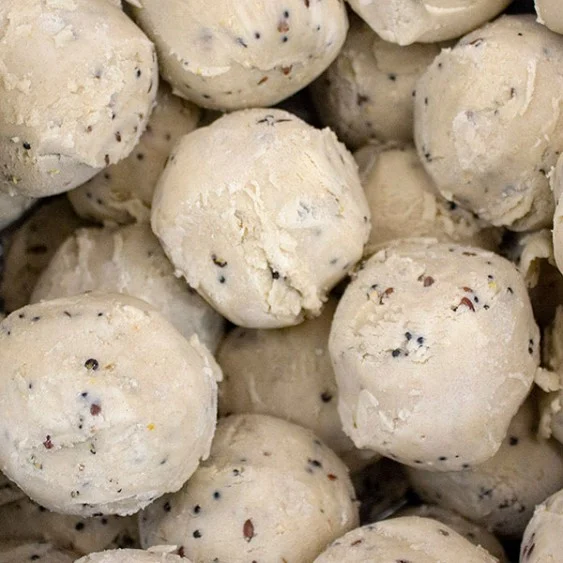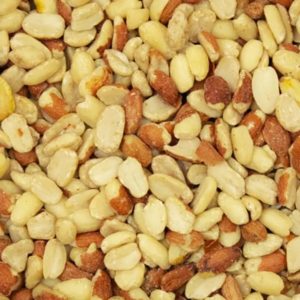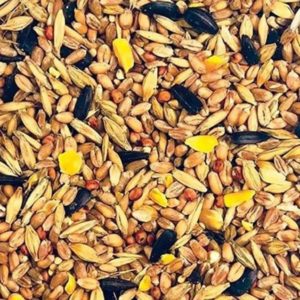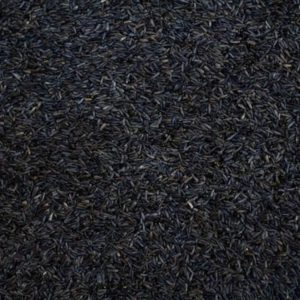Description
Super Suet Fat Balls for Birds
Box of 50 Balls
Super Suet Fat Balls for birds are made from top quality suet and really do give wild birds a delicious tasty treat.
Suet is particularly attractive to woodpeckers, nuthatches, chickadees, jays, and starlings. Wrens, creepers, kinglets, and even cardinals and some warblers occasionally visit suet feeders.
Animal fat is easily digested and metabolized by many birds; it’s a high-energy food, especially valuable in cold weather.
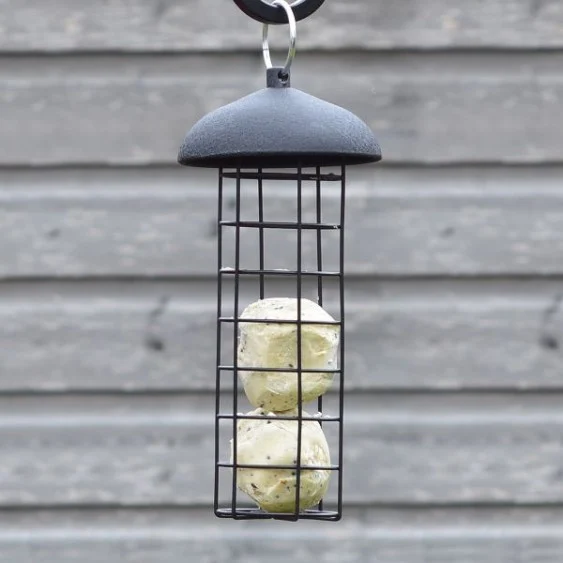 These 90g Suet balls contain no fillers and are made from only the highest quality beef suet, wheat and peanut flour, millet seed, linseed, rapeseed and dried mealworms.
These 90g Suet balls contain no fillers and are made from only the highest quality beef suet, wheat and peanut flour, millet seed, linseed, rapeseed and dried mealworms.
Does not contain palm oil.
These fat balls are full of energy and a favourite of the birds on our feeders who just can’t seem to get enough.
Due to the high fat content of the balls, they will start to break apart in heavy rain, we do suggest keeping them in a fat ball feeder with a protective lid.
Suet is technically defined as the hard fat around the kidneys and loins in beef and mutton, but in common usage, most kinds of beef fat are also called suet and can safely be fed to birds.
Super Suet Fat Balls for birds are particularly attractive to woodpeckers, nuthatches, chickadees, jays, and starlings. Wrens, creepers, kinglets, and even cardinals and some warblers occasionally visit suet feeders.
Animal fat is easily digested and metabolized by many birds; the high-energy food of Super Suet Fat Balls for birds, is especially valuable in cold weather.
Raw suet grows rancid quickly when temperatures are above freezing; don’t offer that except in winter.
When suet is melted and the impurities removed (“rendering”), it keeps much better, but can still get soft during warm weather.
When suet gets soft, it can coat belly feathers, a dangerous situation especially in spring and summer when birds are incubating—tiny pores on the birds’ eggs may get clogged, preventing the developing embryo from getting enough oxygen.

